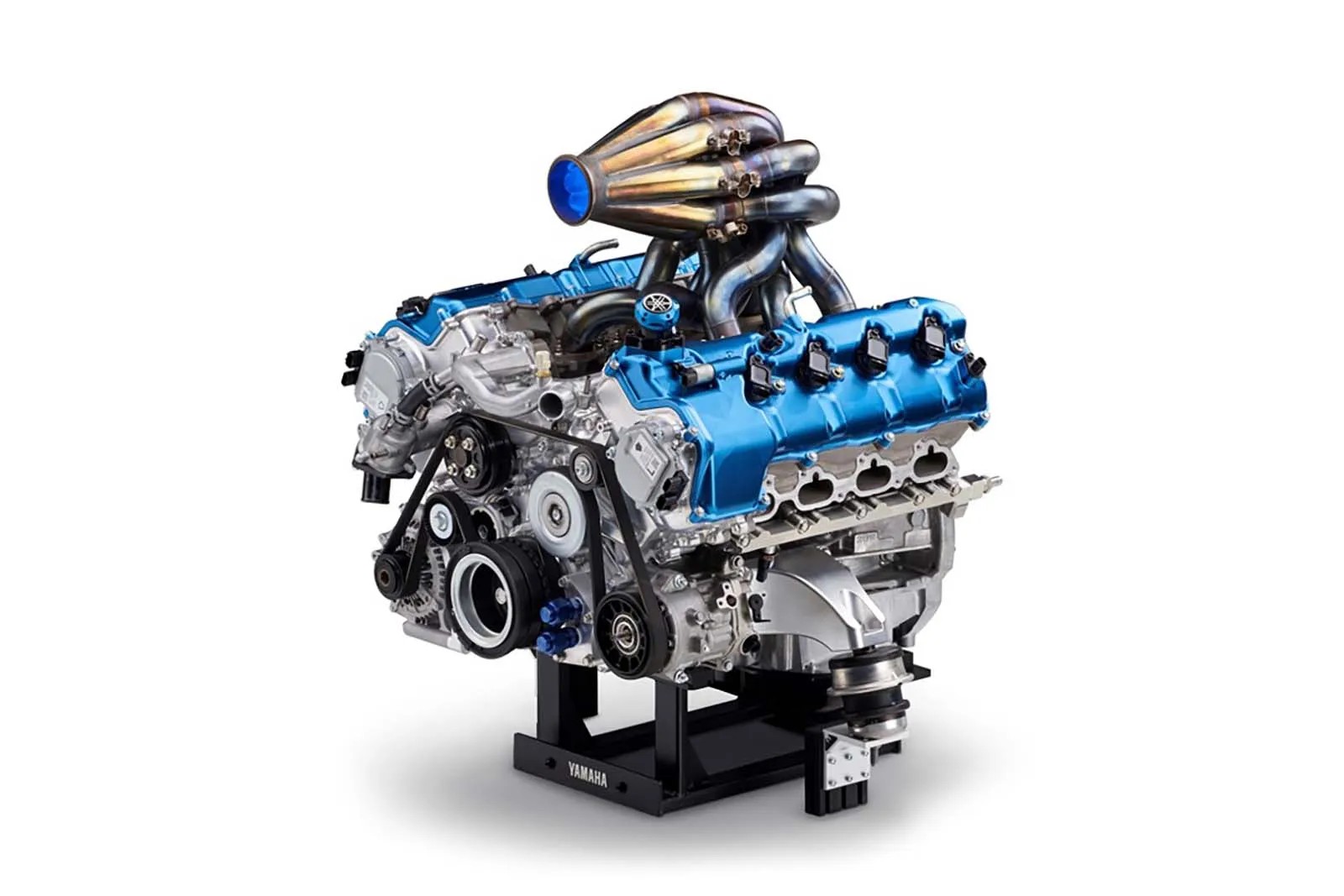Dealing with car engine problems can be stressful, especially when you start thinking about the potential repair costs. If you’re wondering “how much to repair car engine”, you’re not alone. Engine repairs can range widely in price, depending on a variety of factors, from the type of car you drive to the specific issue and the repair solution you choose. This guide will break down the costs associated with engine repair, helping you understand what to expect and how to make informed decisions when facing engine trouble.
Recognizing Engine Trouble: Signs You Shouldn’t Ignore
Before diving into costs, it’s crucial to recognize when your engine needs attention. Ignoring early warning signs can lead to more extensive damage and higher repair bills down the road. Here are some key indicators of engine trouble:
- Unusual Noises: Listen for sounds that are new or different. Knocking, banging, rumbling, or whining noises coming from under the hood can signal various engine problems, from worn bearings to valve issues.
- Excessive Exhaust Smoke: While some exhaust is normal, excessive smoke, especially if it’s blue (burning oil), white (coolant leak), or black (rich fuel mixture), indicates a problem.
- Loss of Power or Poor Fuel Efficiency: If your car feels sluggish, hesitates during acceleration, or you’re suddenly visiting the gas station more often, your engine might be struggling.
- Frequent Overheating: An engine that overheats regularly is a serious concern. It could be due to a coolant leak, radiator problems, or internal engine issues.
- Check Engine Light: This is a universal signal that something is wrong. While it could be a minor issue, it’s always best to have it checked by a professional, as it can also indicate serious engine problems.
{{cta-banner}}
Is Engine Repair Worth It? Evaluating Your Car’s Future
Once you’ve identified engine trouble, a critical question arises: is it worth repairing? This involves a careful evaluation of your vehicle and the potential repair costs.
Consider these factors:
- Overall Vehicle Condition: Assess the general state of your car. Is the body in good shape? Are other major components like the transmission, suspension, and brakes nearing the end of their lifespan? If your car is old, rusty, and has other issues, investing in a major engine repair might not be the most sensible choice.
- Repair Cost Estimates: Get quotes from reputable mechanics for the engine repair. Understand what the repair entails and if there are any warranties on the work.
- Car’s Market Value: Research the current market value of your car. Websites like Kelley Blue Book or Edmunds can provide estimates. If the repair costs are approaching or exceeding the car’s value, it might be financially wiser to consider other options, like replacing the vehicle.
- Long-Term Car Plans: Think about how long you plan to keep the car. If you were already considering upgrading soon, a major engine repair might simply delay the inevitable and add unnecessary expense. However, if you love your car and it otherwise meets your needs, repairing the engine could be a worthwhile investment to keep it running for several more years.
Remember to be objective in your assessment. Emotional attachment to your car is understandable, but making a sound financial decision is crucial.
Minor Repairs, Major Impact: Boosting Engine Performance
Sometimes, improving engine performance doesn’t require a major overhaul. Several minor repairs and maintenance tasks can significantly enhance how your engine runs and potentially prevent larger issues in the future.
- Regular Oil Changes: Fresh engine oil is the lifeblood of your engine. It lubricates moving parts, reduces friction, and helps dissipate heat. Following your manufacturer’s recommended oil change intervals with the correct type of oil is essential for engine longevity and performance.
- Spark Plug Replacement: Spark plugs ignite the air-fuel mixture in your engine’s cylinders. Worn or fouled spark plugs can lead to misfires, reduced fuel efficiency, and poor acceleration. Replacing them at recommended intervals can restore engine power and efficiency.
- Wheel Alignment: While not directly engine-related, proper wheel alignment reduces tire wear and rolling resistance, which can improve fuel economy and overall driving performance, indirectly benefiting the engine’s workload.
- Optimal Tire Pressure: Maintaining the correct tire pressure also minimizes rolling resistance, improving fuel efficiency and making your engine’s job easier. Check your tire pressure regularly and inflate them to the recommended levels found on your tire placard (usually on the driver’s side doorjamb).
Decoding Engine Rebuild Costs: What to Expect
When engine trouble is significant, a rebuild might be an option. An engine rebuild involves disassembling the engine, cleaning and inspecting all components, replacing worn or damaged parts (like piston rings, bearings, valves, and gaskets), and then reassembling it.
The cost to rebuild an engine varies based on several factors:
- Vehicle Make and Model: Luxury cars, high-performance vehicles, and some European makes often have more expensive parts and require specialized labor, increasing rebuild costs.
- Extent of Damage: The more extensive the engine damage, the more parts and labor will be required, driving up the price. A minor rebuild addressing wear and tear will be less costly than one repairing damage from overheating or neglect.
- Mechanic’s Labor Rates: Labor costs vary significantly by location and mechanic expertise. Specialized engine rebuilders often charge more than general mechanics.
- Parts Quality: Choosing OEM (Original Equipment Manufacturer) parts versus aftermarket parts can affect the cost. OEM parts are generally more expensive but often offer better quality and reliability.
On average, an engine rebuild can cost anywhere from $1,500 to $5,000 or more. For simpler four-cylinder engines in common cars, you might be on the lower end of this range. Complex V8 engines in trucks or performance cars, or diesel engines, will likely be on the higher end.
Engine Rebuild Costs by Engine Type
Engine type significantly influences rebuild costs due to variations in complexity and parts availability.
- Gasoline Engines:
- Four-Cylinder: $1,000 – $3,000. These are generally the least expensive to rebuild due to simpler design and readily available parts.
- Six-Cylinder: $1,500 – $4,000. Slightly more complex than four-cylinders, with a moderate increase in rebuild costs.
- V8 Engines: $2,500 – $5,000+. More complex and powerful, V8s require more parts and labor, resulting in higher rebuild expenses. Performance-oriented V8s can be even more costly.
- Diesel Engines: $3,000 – $7,000+. Diesel engines are known for their durability but are more expensive to rebuild due to their robust construction and specialized parts.
- Hybrid Engines: $3,000 – $6,000+. Hybrid engines combine gasoline and electric components, adding complexity. Rebuilding the gasoline portion might fall within the gasoline engine ranges, but issues with hybrid-specific components can increase costs.
- Electric Engines (Motors): While technically motors, electric “engines” are different. Overhauling an electric motor is less common than component replacement. If a rebuild is needed, costs can range from $2,000 to $6,000+, largely depending on the specific motor and parts required. Battery issues, common in electric and hybrid vehicles, are a separate and potentially very expensive repair.
{{cta-banner}}
Warranty Coverage for Engine Replacement: What’s Included?
Before committing to any engine repair, check your vehicle’s warranty.
- Manufacturer’s Warranty: New car warranties often include powertrain coverage, which typically encompasses the engine, transmission, and drivetrain. This coverage usually lasts for a specific period (e.g., 3 years) or mileage (e.g., 36,000 miles), whichever comes first. If your engine failure is due to a manufacturing defect within the warranty period, the repair or replacement should be covered. Review your warranty documentation carefully for specifics, as coverage can vary by manufacturer.
- Extended Warranties: If your manufacturer’s warranty has expired, you might have an extended warranty or vehicle service contract. These can also cover engine repairs, depending on the terms and coverage level you purchased.
- What’s Not Covered: Warranties generally don’t cover damage from normal wear and tear, neglect, improper maintenance, accidents, or modifications. Regular maintenance, like oil changes, is crucial for maintaining warranty coverage.
Keep meticulous records of all vehicle maintenance to support any warranty claims.
Your Engine Replacement Options: New, Used, or Remanufactured?
If an engine rebuild isn’t the best option, or if the damage is too extensive, you might consider engine replacement. You have several choices:
-
New Engine: A brand-new engine from the manufacturer is the most expensive option, typically ranging from $3,000 to $8,000 or more, including labor. However, it offers peace of mind with a factory warranty and the longest potential lifespan.
-
Used Engine: Sourced from wrecked or salvaged vehicles, used engines are the most budget-friendly option, potentially costing $500 to $3,000 for the engine itself, plus installation. The risk is the unknown history and potential for hidden problems. Purchase from reputable salvage yards that offer some form of warranty, and ideally get an engine with lower mileage.
-
Remanufactured Engine: These engines are disassembled, thoroughly cleaned, and rebuilt with new or remanufactured parts to meet original factory specifications. They offer a balance of cost and reliability, generally priced between $2,000 and $5,000, plus labor. Remanufactured engines often come with a warranty, making them a safer bet than used engines.
- Engine Rebuild (Again): As mentioned earlier, rebuilding your existing engine is also an option, particularly if the engine block is in good condition. This can be more cost-effective than a new or remanufactured engine in some cases but depends heavily on the extent of the damage and labor costs.
{{cta-banner}}
Choosing the Right Option: The best engine repair or replacement option depends on your budget, the car’s overall condition, your long-term plans for the vehicle, and your risk tolerance. Get detailed quotes for each option from qualified mechanics, and carefully weigh the pros and cons before making a decision. Understanding “how much to repair car engine” is the first step toward getting your car back on the road without breaking the bank.


